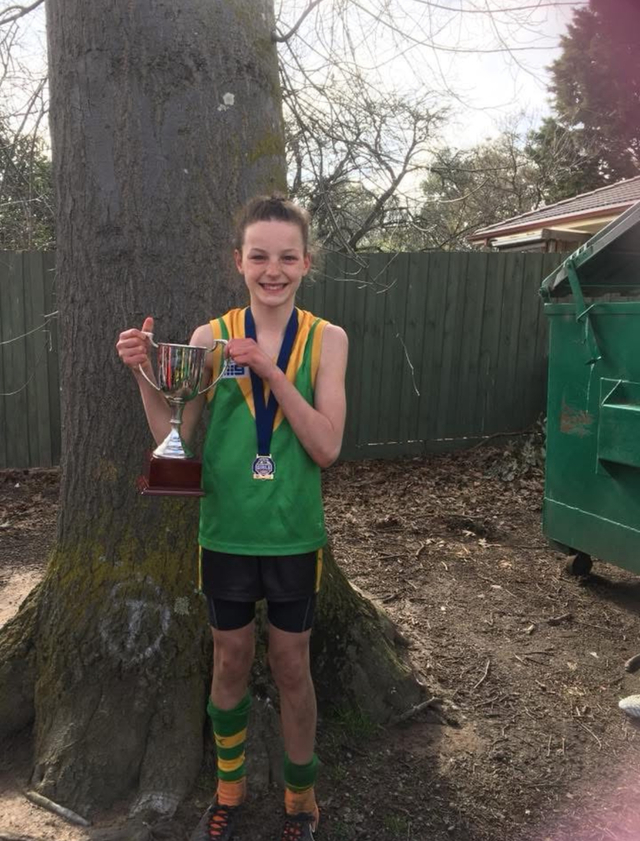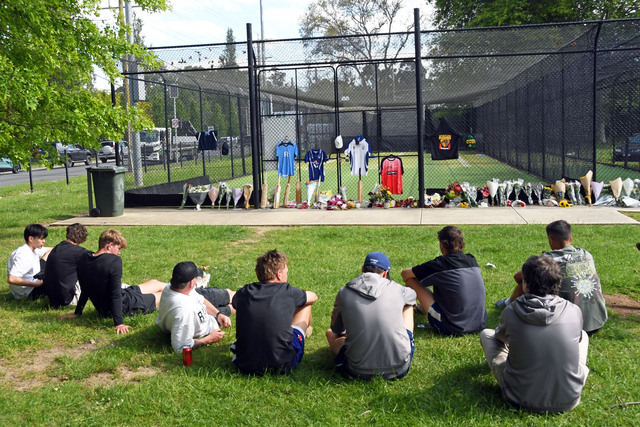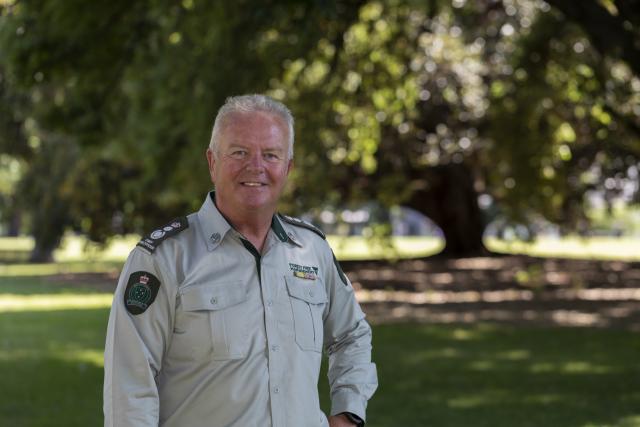This week, Christine Yunn-Yu Sun reviews Pink Punk Mum by Kala Heinemann.
Thanks to Eastern Regional Libraries, this reviewer received a copy of Pink Punk Mum, written by Queensland author Kala Heinemann and illustrated by Phillipines-based artist Babie Alexandra Pulga.
Heinemann’s story was reported by ABC journalist Jasmine Hines back in April. It described her as having always wanted to write children’s books but was “pulled away to other dreams, studying international law and living overseas with her family”.
Heinemann was diagnosed with stage-four or metastatic breast cancer while living in Israel in 2018. After returning to Australia, she decided to write a book about a child helping his mother through cancer diagnosis and treatment.
In Pink Punk Mum, the child has always known his mother as having “a special sparkle”: “She is kind. She is fun. She is brave. Everyday after school we do something wonderful together.” But when she is diagnosed with cancer, he becomes confused: “All this information made my head hurt. I felt funny in the tummy, and I could nt find my words. So, I went and watched the fish for a while.”
Though often feeling “dark and grouchy”, the child decides to remain kind, fun and brave – just like his mother. Through love and laughter, and “all the kisses and cuddles and giggles and snuggles”, he concentrates on helping her get better.
In Heinemann’s words: “It sounds quite heavy, but it’s actually a really fun, bright and light book. There’s lot of joy. There’s lots of hope.”
Indeed, thanks to Pulga’s vivid, colourful illustrations, we witness the magic happening when family members work together to overcome physical, emotional and psychological hardships. Of ultimate importance is for parents and children to have open and honest conversations, which helps both sides get a clear sense of what the future may hold for them.
For example, in the book, the child knows it is not his mother’s fault that he misses out on
fun activities. More importantly: “I was surprised to see Mum with no hair. But I did not get scared. After all, she was still Mum.”
The child further participates in his family’s journey through adversity, instead of being “protected” from it. “Mum let me be her hairdresser. I spiked her hair on top of her head. Then I coloured it pink. She was Pink Punk Mum!”
Such sense of belonging, of being together, sharing a purpose and rightful responsibilities, is priceless. It serves as the best medicine any family can ever receive – not just for those suffering from illness, but also for their loved ones confronted with fear, anxiety and uncertainty.
Psychologists say stories like Pink Punk Mum are particularly useful for young children. But these are helpful for adults as well, as it takes time to process what is lost and to start moving forward again.
Never underestimate the power of storytelling. In Heinemann’s words: “To give someone a laugh, bring a little bit of joy, to bring a bit of lightness to what is a really dark situation… that would be wonderful.”







